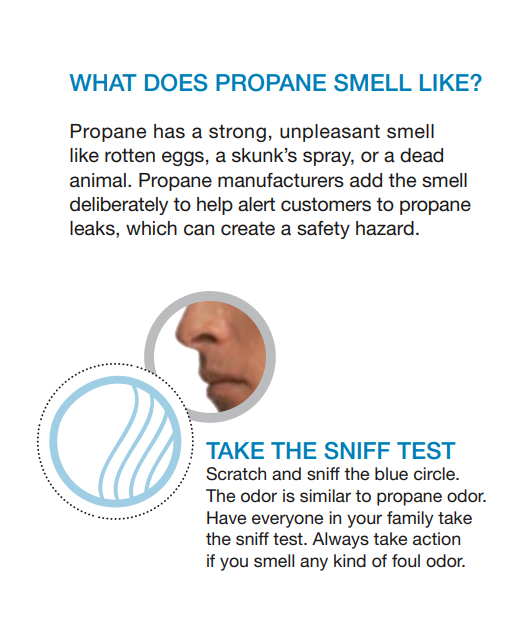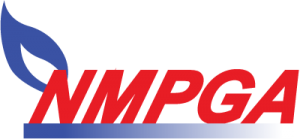

Propane is a safe, economical, clean-burning, and versatile fuel when properly used. This manual is designed to give you and your family the information you need to safely and comfortably enjoy all the benefits that propane can deliver. Only you can keep your family safe, so be sure that all family members review the important safety information in this manual.
Regardless of the type of energy you use, safety is extremely important. With propane—as with electricity, natural gas, fuel oil, gasoline, or any other energy form—you need to understand how your delivery system and appliances work, and what to do in case of a leak or other safety related emergency
Propane (also called LPG—liquefied petroleum gas—or LP gas) is a widely used fuel. It is transported and stored as a liquid under pressure and is usually used as a gas. Severe freeze burn or frostbite can result if liquid propane comes in contact with your skin. The liquid propane is turned into a gas inside a tank or a cylinder. In its natural form, propane is colorless and odorless. To make propane easier to detect in the event of a leak or spill, manufacturers deliberately add a chemical compound to give it a distinctive smell.
Propane is flammable when mixed with air (oxygen) and can be ignited by many sources, including open flames, smoking materials, electrical sparks, and static electricity.
Propane vapors are heavier than air. For this reason, they may accumulate in low-lying areas such as basements, crawl spaces, and ditches, or along floors. However, air currents can sometimes carry propane vapors elsewhere within a building.
PLEASE READ AND FOLLOW THE SAFETY RULES IN THIS BROCHURE. SHARE THIS INFORMATION WITH YOUR FAMILY TO HELP KEEP EVERYONE SAFE AND TO REDUCE THE RISK OF SERIOUS AND POTENTIALLY FATAL INJURY, FIRE, OR EXPLOSION.
Duty to Warn (Download)

